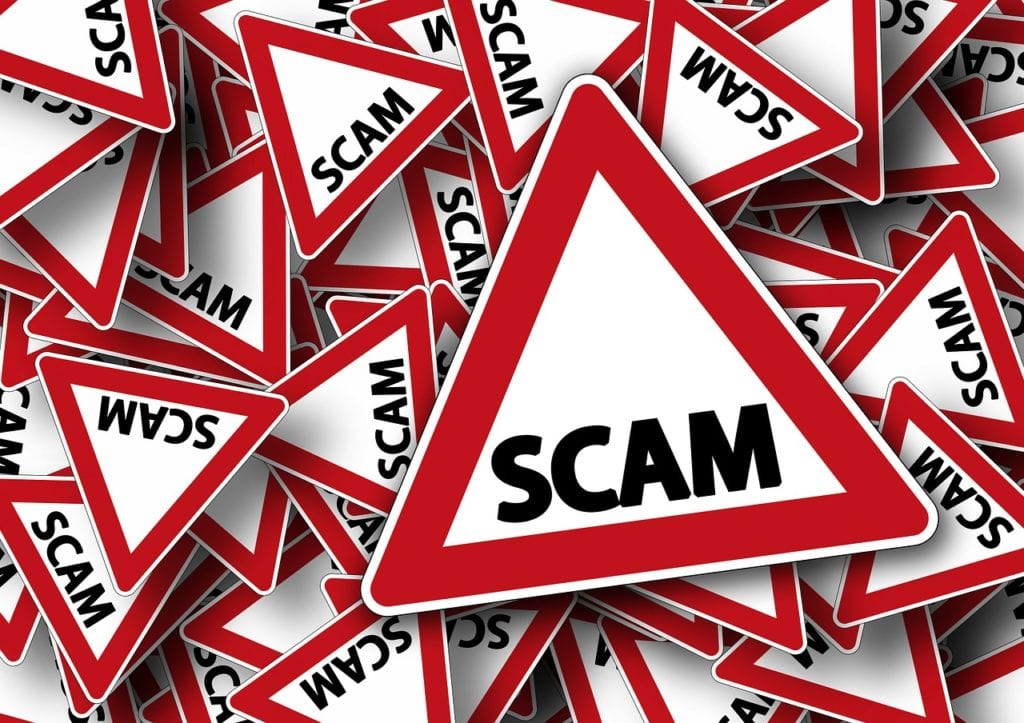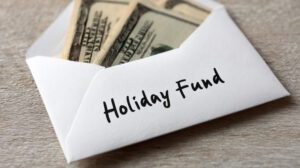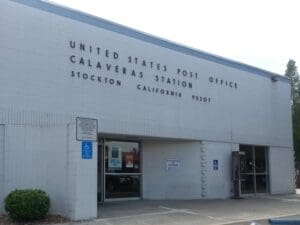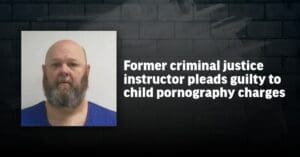Submitted by FEMA.
In the aftermath of nearly every disaster, survivors should be alert for con artists and opportunists trying to obtain money or steal personal information through fraud, scams or identity theft.
In some cases, thieves have tried to register with FEMA using names, addresses and Social Security numbers they have stolen from other people.
The most common post-disaster fraud practices include phony housing inspectors, fraudulent building contractors, bogus pleas for disaster donations and fake offers of state or federal aid.
No individual from a state or federal disaster assistance agency will call or text asking for financial account information. Survivors also should keep in mind that federal and state workers never ask for or accept money and always carry identification badges.
Scam attempts can be made over the phone, by mail or email, text or in person. Scam artists may pose as government officials, aid workers, charitable organizations, or insurance company
employees.
Disasters survivors should never respond to texts, phone calls or requests seeking their personal information. The only time they should provide personal information is during the initial application process for FEMA help or during contact with FEMA to follow up on an application.
Reporting scams and identity theft
- Anyone with concerns about individuals representing themselves as FEMA, or who would like to report fraud, please call the toll-free FEMA Disaster Fraud Hotline at 866-720-5721 or contact the Oklahoma Attorney General’s Consumer Protection Unit at (405) 521-2029 or consumerprotection@oag.ok.gov.
- Victims of fraud or scams can also contact the Oklahoma Insurance Department’s (OID) Anti-Fraud Unit at (800) 522-0071 or fraudstoppers@oid.ok.gov, or fill out a form online at https://www.ok.gov/oid/Anti-Fraud_Unit/antifraudconsumers.html. In addition, complaints may be made by contacting local law enforcement agencies.
- For more information on how to avoid fraud, download the Oklahoma Attorney General’s Disaster Scam Prevention Packet at https://bit.ly/2GUNYU0.
Phony property inspections
- If you’re meeting a FEMA representative in person, ask to see their identification badge. All federal employees carry official, laminated photo IDs. FEMA shirts, hats and jackets do not make them official.
- When a FEMA inspector comes to your damaged home, he or she will require verification of your identity, but will already have your registration number. Keep your FEMA registration number safe. Do not share it with others.
- No federal government disaster assistance agency will call you to ask for your financial account information. If you’re unsure whether someone claiming to be a FEMA representative is legitimate, hang up and call the main FEMA helpline at 800-621-3362 to speak about the incident.
- Federal inspectors do not charge a fee at any time to inspect your property. FEMA and the Small Business Administration (SBA) never ask for money and never require banking information or payment in any form.
Phony building contractors
- The job of a FEMA housing inspector is to verify damage. FEMA does not hire or endorse specific contractors to fix homes or recommend repairs.
- If someone comes to your door and says that your home is unsafe, do not believe them and do not let them in.
- Have an engineer, architect or building official inspect it. An unethical contractor may actually create damage to get the work.
- When in doubt, report any suspicious behavior to your local authorities.
Hiring a legitimate contractor
- Always use a licensed local contractor backed by reliable references.
- Require a written contract with anyone you hire. Be sure to read and understand the contract. Never sign a blank contract and never pay more than half the cost of the job upfront. Be sure to get a written receipt for any payment.
- If one estimate seems much lower than the others and sounds too good to be true, it probably is. Many unethical contractors provide low-ball bids that seem attractive. But these contractors are often uninsured and may charge substantial cancellation fees.
- Never pay for work in full in advance. The Better Business Bureau recommends a consumer pay half or less of the contract price before the contractor begins repairs and the remaining balance once the work is complete and the owner is satisfied.
- Don’t be pressured into making a quick decision. Try to get three separate bids on the job. Insist on obtaining a written estimate or contract. And don’t sign anything you don’t understand or contracts with blank spaces.
- Ask contractors if they have done this type of repair work before, if they will be purchasing necessary permits, and if the work will be inspected. Be sure the contract spells out who will pay for any necessary permits.
- Always pay for repair work by check or credit card in order to keep a record and avoid double charges.








